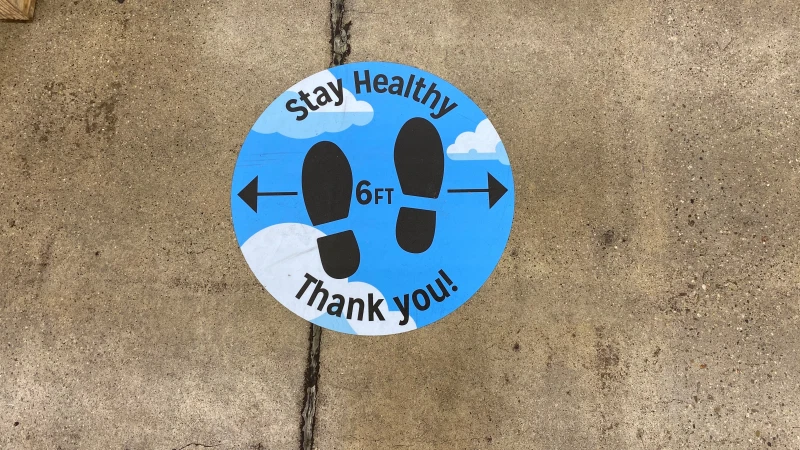Community spread of the COVID virus, its consequences, and links to disparities have left public health and health care systems scrambling for ways to identify and understand the experiences of the most vulnerable populations. A widely employed approach in public health is to use neighborhood-level social vulnerability indices as markers of risk. However, these indices do not capture dynamic changes and they lack local perspectives that give insight to perceptions, behaviors and outcomes. They also do not typically include factors that are now known to be associated with COVID, such as being an essential worker, or living in dense or congregate housing.
An investigative team, led by Dr. Elaine Borawski (PRCHN, Dept of Population and Quantitative Health Sciences [PQHS]) and Dr. Janet McGrath (Dept of Anthropology) recently received funding as part of the COVID Taskforce Pilot Research Program to explore the COVID experience in Cleveland neighborhoods with the goal of improving existing measures of neighborhood social vulnerability leading to better informed public health messaging and intervention efforts. Drs. Borawski and McGrath are joined by co-investigators Drs. Andrew Curtis and Nora Nock (PQHS), Drs. Marsha Michie and Aaron Goldenberg (Dept of Bioethics), Dr. Scott Moore (School of Nursing), and Dr. Benjamin Gorham (Freedman Center for Digital Scholarship). The project relies heavily on community partners of the PRCHN to serve on the study’s advisory, help finalize data collection tools and to recruit study participants, ensuring strong representation across the 8 neighborhoods.
The project will explore resident’s perspectives in 8 neighborhoods in Greater Cleveland — 6 in Cleveland (3 in east and 3 in west) and 2 in suburbs (Euclid and Parma) chosen for having one or more COVID-specific vulnerabilities (e.g., high proportion of population with underlying health conditions, dense congregate housing, high proportion of essential workers). The project will combine input from neighborhood residents in three ways:
- Through geo-narratives where neighborhood residents participates in a virtual driving tour through the neighborhood, identifying important spaces relevant to COVID;
- By “sentinels” in each neighborhood providing bi-monthly “check-ins” on what is happening in the neighborhood, particularly in the areas where residents gather (e.g.,retail, restaurants/bars, community service buildings, parks and playgrounds) and what they are hearing from neighbors with regard to concerns about COVID.
- From phone interviews with 8 residents in each neighborhood who are asked about their knowledge and perceptions of COVID and their own experiences of navigating this pandemic.
Residents are compensated for their time and participants will be provided a report at the end of the study, outlining what we’ve learned together.

Interested in helping or being a study participant? The team is looking for residents that could serve as good reporters for any of the above approaches. Ideal candidates should be immersed in their neighborhood, have a good sense of the goings on of businesses and residents, and have access to a phone, tablet or computer for simple data collection. Potential participants will be contacted by a member of our study team to provide them with information about the study and determine if it would be a good fit. There will be compensation for their time if selected. If you have someone in mind for any of the neighborhoods listed above or have any questions about the project, please contact Dr. Meredith Goodwin at the PRCHN at mag@case.edu.

